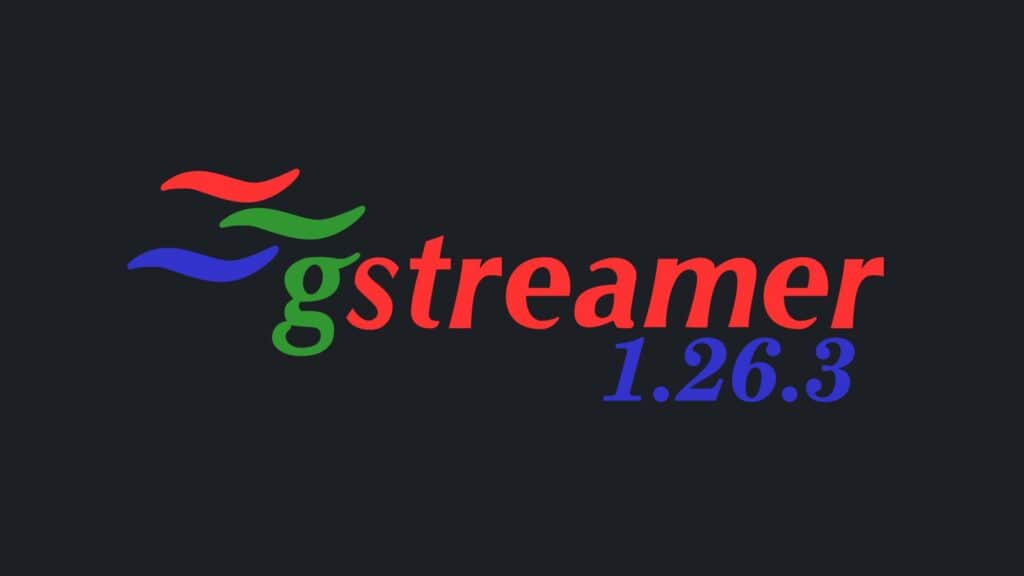The GStreamer team has released a new bug-fix update, 1.26.3, of its cross-platform open-source multimedia framework for the stable 1.26 series.
One of the standout fixes addresses a critical security issue in the H.266 video parser and includes numerous playback enhancements. The team has also resolved a troublesome regression affecting WAV files containing acid chunks.
Additionally, an improvement tackles high memory consumption caused by a text-handling regression found in the uridecodebin3 and playbin3 components. Multimedia creators and users who experienced panic scenarios when dealing with late GOP in fragmented MP4 muxers will also be relieved, as this issue has been fixed.
Fans of accessibility features will appreciate the upgrades in closed caption handling, rendering, and muxing. Decklink users receive improvements with better preroll frame rendering and clock drift handling, ensuring synchronization remains precise across multimedia outputs.
Meanwhile, MPEG-TS and MP4 muxers have also undergone key fixes, including enhanced support for creating very large files with faststart capabilities.
The release introduces new thread-sharing inter-source and sink elements, providing efficient resource management in complex multimedia pipelines. Also exciting is the introduction of a speech synthesis element powered by the ElevenLabs API.
Streaming enthusiasts benefit from targeted fixes and enhancements to RTP H.265 depayloaders and improved congestion control via TWCC and GCC protocols. DASH client improvements promise better seeking performance, which is especially useful in streams with playback gaps.
WebRTC integration sees upgrades, particularly with enhancements to the LiveKit and WHIP signallers, improving real-time streaming capabilities. Mac users gain additional usability through the osxvideosink, which now conveniently posts navigation messages, while the QtQML6GL video sink receives important input event handling improvements.
Lastly, Android developers will notice a thorough overhaul in detecting hardware-accelerated video codecs, paired with fixes in the Video4Linux capture source, now supporting BT.2100 PQ and extended colorimetry formats.
For more information, see the announcement. Binaries for Android, iOS, macOS, and Windows are expected to be available soon.
